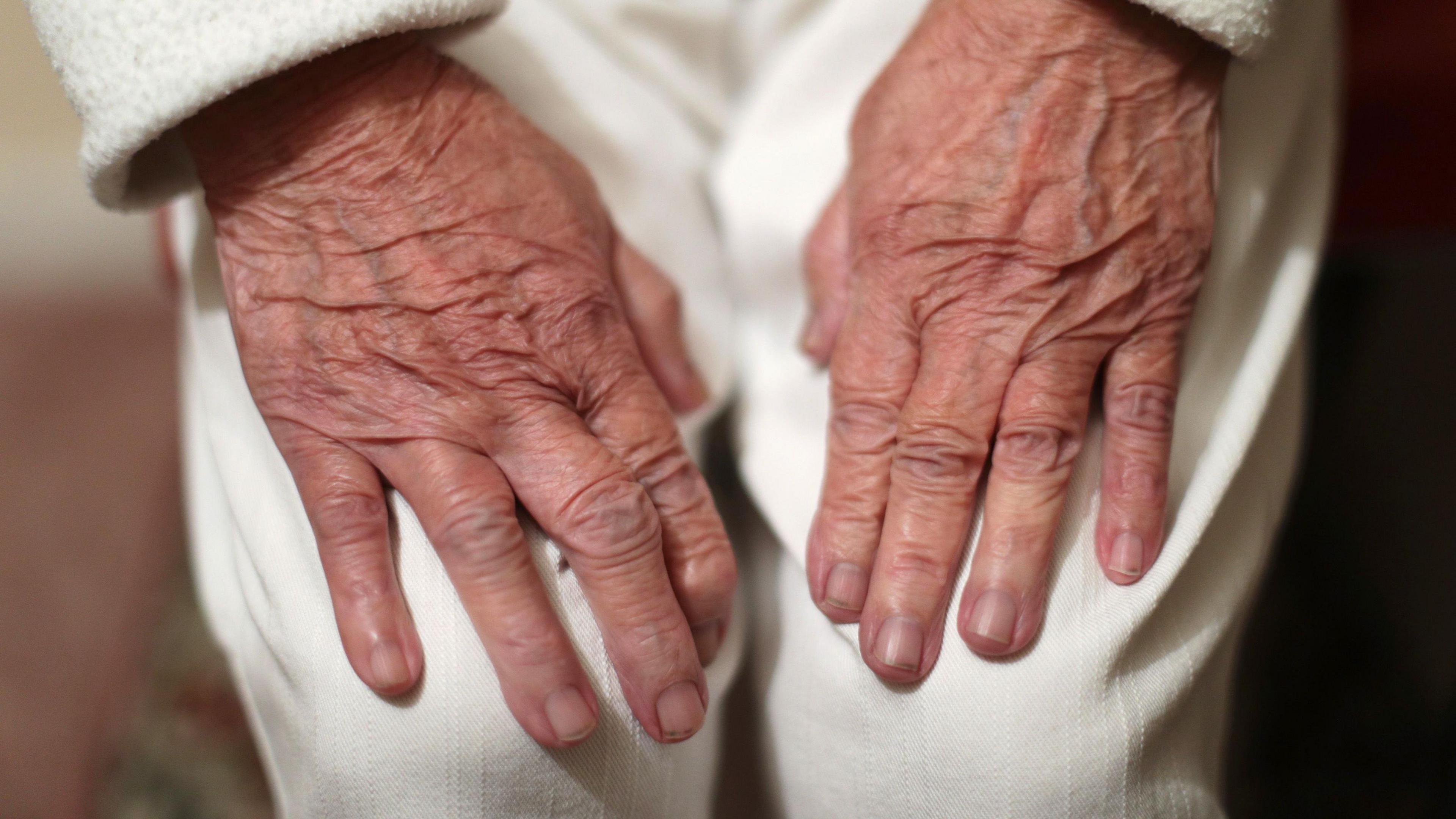
Researchers are investigating whether drugs currently used for diabetes and eye diseases could help to prevent or treat dementia
Researchers are investigating whether diabetes and eye disease drugs could also be used to treat or even prevent dementia.
Scientists at the University of Manchester are studying methazolamide, a treatment used by glaucoma patients, to find out if it can also help treat Alzheimer's disease by restoring the health of nerve cells.
Experts suggest repurposing medicines already approved for other conditions could be far quicker and cheaper than developing new drugs.
Lead researcher Professor Nigel Hooper said methazolamide had been found to activate an enzyme called ACE2 which protects neurons in the brain.
ACE2 activity is reduced in Alzheimer's patients, meaning their neurons tend to degenerate and die.
The three-year study, which has received funding from Alzheimer's Research UK, is using human stem cells to see whether ACE2 activity can be boosted by methazolamide.
At the same time, the medication is being given to mice to see what effect it has on Alzheimer's.
Prof Hooper asked the rhetorical question: "Would we potentially get the nerve cells to stop degenerating, or even regenerate?
"Probably the best we could look for is that we prevent things getting worse."
Ultimately, however, he said he hoped "if we got the right mix of treatments, maybe we could regenerate [ACE2], at least to some extent."
What are the symptoms of dementia?
-
memory loss
-
reduced mental sharpness and quickness
-
difficulties with language, such as using words incorrectly, or finding it hard to speak
-
reduced levels of understanding and/or judgement
-
difficulties with movement and doing daily activities
Source: NHS, external
Meanwhile, another study - also backed by Alzheimer's Research UK - is investigating whether thiazolidinediones, used to treat diabetes, can help prevent or treat vascular dementia.
The condition is known to be caused by reduced blood flow to the brain.
Researchers will use a database, containing the details of about 20% of the population of England and Wales, to examine whether the risk of developing vascular dementia can be lowered by taking thiazolidinediones.
University of Manchester researcher Joyce Huang is investigating whether diabetes drugs may have anti-inflammatory properties that could be beneficial in vascular dementia.
Dr Huang said: "We are looking at prevention as the primary outcome, but if that does not happen, we will further look into if they would delay the incidence of vascular dementia, and I think it will be something related to blood sugar control."
If the results are promising, researchers hope to move to clinical trials.
'Disease progression'
Dr Susan Kohlhaas, the charity's executive director of research and partnerships, said: "Twenty years ago, we often would hear, 'Oh, there's nothing you can do about dementia, it's just an inevitable part of ageing'.
"And we know that's not true - we now have our first treatment licensed in the UK that can slow down the disease progression."
She said research into the possible benefits of repurposing drugs "doesn't tend to be something that's traditionally picked up by industry".
According to Alzheimer's Research UK, nearly one million people in the UK are living with dementia.
While the over 65s are much more likely to have dementia, it can also affect younger people.
From BBC
